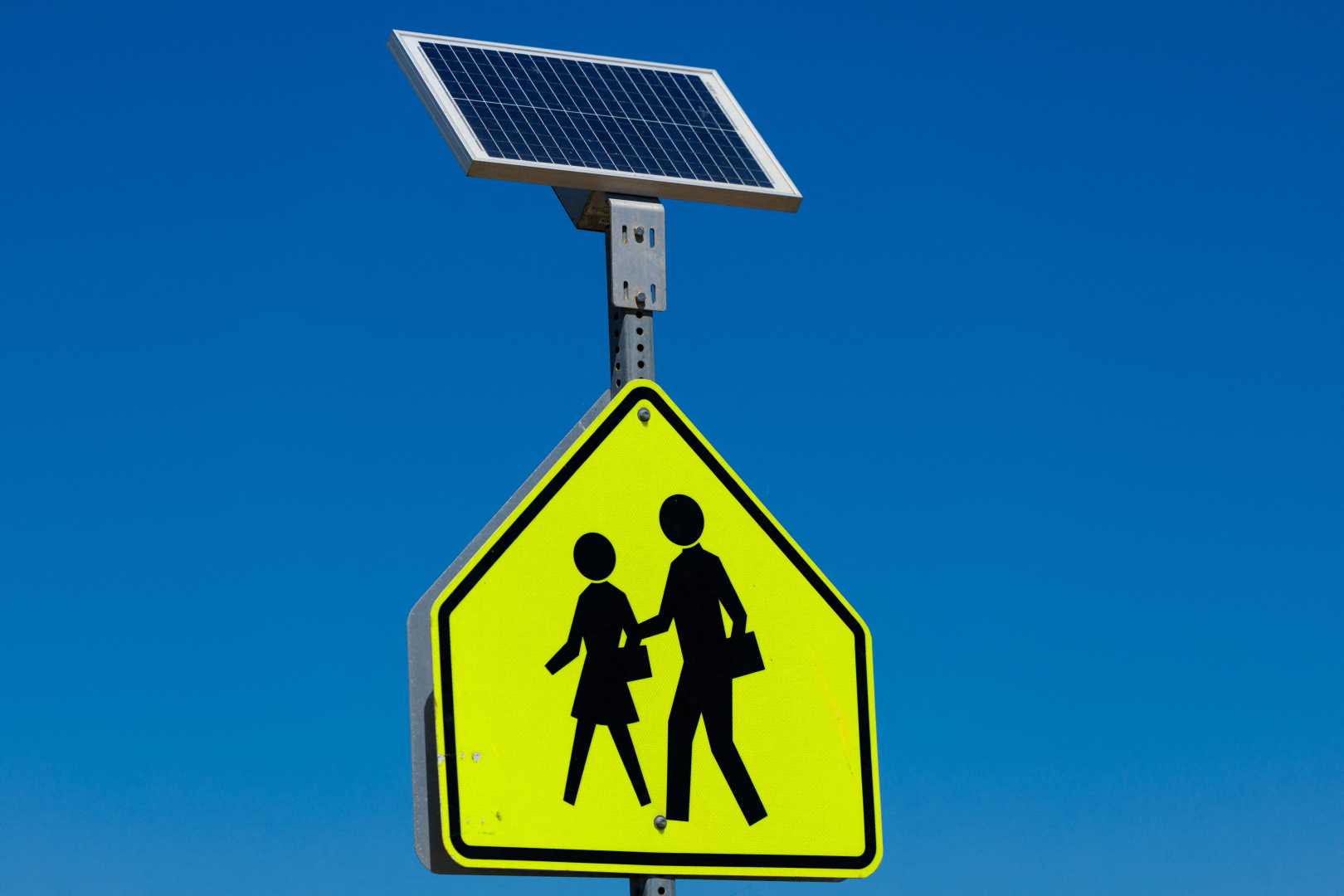News
U.S. Officials Warn of Hidden Devices in Solar-Powered Infrastructure

WASHINGTON, Sept. 10 (Reuters) – U.S. officials are sounding alarms about potential security risks in solar-powered highway infrastructure. An advisory from the U.S. Department of Transportation’s Federal Highway Administration (FHWA) suggests scanning equipment like chargers, weather stations, and traffic cameras for rogue devices embedded inside batteries and inverters.
Disseminated late last month, the four-page security note unveiled concerns over undocumented cellular radios found in certain foreign-manufactured power inverters and battery management systems (BMS). While the report did not specify the origin of these products, many inverters are produced in China.
Officials are worried that these devices could enable foreign actors to tamper with critical transportation systems remotely. Anomadarshi Barua, a George Mason University academic, highlighted that if malicious communications devices are hidden within the inverters, they could trigger power surges or unauthorized commands that disrupt infrastructure.
“That could create a lot of havoc,” Barua warned, emphasizing the risks to roadside systems and future autonomous vehicle networks. This concern follows incidents earlier this year where American energy officials detected odd communication devices in Chinese-made inverters and batteries. Similarly, Denmark’s Green Power Denmark reported finding unexplained electronics in their imported energy equipment.
The advisory noted that the undocumented radios pose a range of risks, including stealing sensitive data and causing simultaneous outages across U.S. highways. The FHWA suggested that agencies create an inventory of inverters nationwide, use spectrum analysis tools to spot unexpected communications, and segment networks to limit damage.
Meanwhile, the Chinese Embassy in Washington denied the allegations, stating that they oppose the “distortion and smear of China’s achievements” in energy infrastructure. As scrutiny of foreign technology increases, the U.S. Government is also tightening regulations on Chinese vehicles, concerned about data collection risks from autonomous vehicle testing.
Washington has moved to ban nearly all Chinese cars and trucks from the market by late 2026, citing safety and security reasons related to vehicle software and hardware. The FHWA’s advisory is part of ongoing efforts to safeguard American transportation networks.












